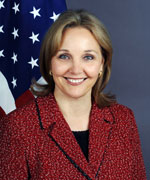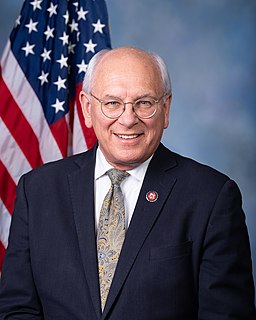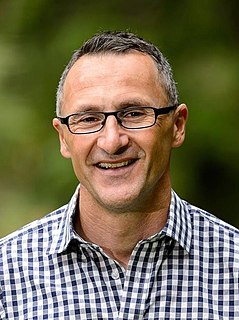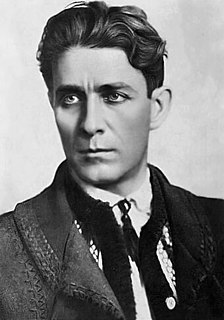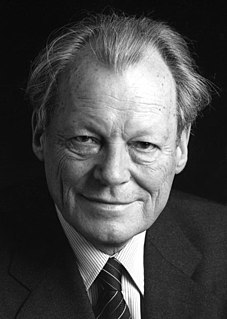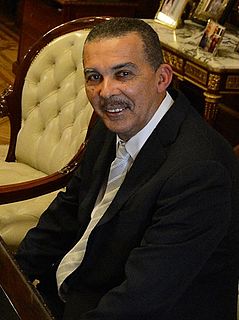A Quote by Charles Krauthammer
Where there is a confluence of interests among nations, as, for example the swine flu or polio, you can get well functioning international institutions like the World Health Organization. And you can act. Climate change is different, because the science remains hypothetical and the potential costs staggering.
Quote Topics
Act
Among
Because
Change
Climate
Climate Change
Confluence
Costs
Different
Example
Flu
For Example
Get
Get Well
Health
Hypothetical
Institutions
Interests
International
International Institutions
Like
Nations
Organization
Polio
Potential
Remains
Science
Staggering
Swine
Swine Flu
Well
World
World Health
World Health Organization
Related Quotes
...the world needs to face up to the challenge of climate change, and to do so now. It is clear that climate change poses an urgent challenge, not only a challenge that threatens the environment but also international peace and security, prosperity and development. And as the Stern report showed, the economic effects of climate change on this scale cannot be ignored, but the costs can be limited if we act early
Swine flu is not an anomaly. We know that swine flu - like the vast majority of new outbreaks - comes from animals. We should be monitoring those animals and the humans that come into contact with them, so we can catch these viruses early, before they infect major cities and spread throughout the world.
The United States is strongly committed to the IPCC process of international cooperation on global climate change. We consider it vital that the community of nations be drawn together in an orderly, disciplined, rational way to review the history of our global environment, to assess the potential for future climate change, and to develop effective programs. The state of the science, the social and economic impacts, and the appropriate strategies all are crucial components to a global resolution. The stakes here are very high; the consequences, very significant.
Despite the international scientific community's consensus on climate change, a small number of critics continue to deny that climate change exists or that humans are causing it. Widely known as climate change "skeptics" or "deniers," these individuals are generally not climate scientists and do not debate the science with the climate scientists.
With climate change and health crises rightfully receiving international attention, the time has come to focus on hunger as a top priority. WHO regards hunger and malnutrition as the gravest threat to public health, and climate change threatens to further destabilise already fragile food-production systems.
I've obviously come from a health background. I was a doctor before I became a pollie and one of the things I'd like to do is to really build on the world-class health system we've got. I'm passionate about climate change because it's also a health issue. Things like extreme weather impact on people's health, the ability of our hospitals to cope, the impact on mental health, on farmers in regional areas - they're all serious health concerns.
A nation lives forever through its concepts, honor, and culture. It is for these reasons that the rulers of nations must judge and act not only on the basis of physical and material interests of the nation but on the basis of the nation's historical honor, of the nation's eternal interests. Thus: not bread at all costs, but honor at all costs.
What the Affordable Care Act started was a change in the American health care system from paying for procedures to paying for outcomes, paying for health. Other nations have already made that move. We pay for procedures and we get the best procedures in the world and we get the most procedures in the world, and then we spend a huge chunk of our GDP on health care, but we don't have the best outcomes.
The New World Order is a world that has a supernational authority to regulate world commerce and industry; an international organization that would control the production and consumption of oil; an international currency that would replace the dollar; a World Development Fund that would make funds available to free and Communist nations alike; and an international police force to enforce the edicts of the New World Order.





